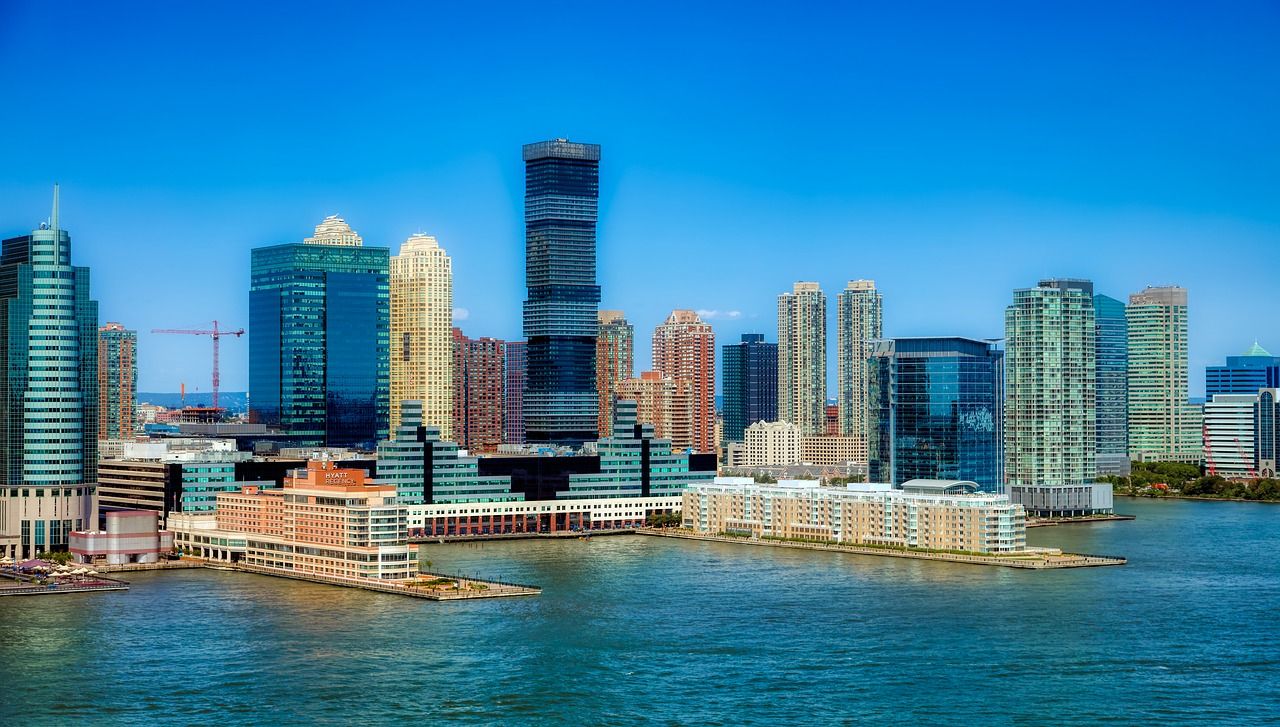Once considered a major player in the U.S. cannabis industry, AYR Wellness has hit a rough patch — and the signs point to a company in the midst of a major retrenchment. Below is a breakdown of the timeline, what’s gone wrong, and what the future might hold for the embattled multi-state operator (MSO).
Timeline of Trouble & Restructuring
- May 30, 2025 – AYR announced it would not meet the May 30 deadline for filing its Q1 2025 interim financial statements and MD&A. The company cited ongoing creditor negotiations and accounting assessments of its debt obligations. WEBSITE: Ayr Wellness Inc.
- June 13, 2025 – The delay became official: AYR failed to file by June 13 and confirmed that a failure-to-file cease-trade order (FFCTO) from the Ontario Securities Commission (OSC) was in effect, suspending trading of its securities in Canada. MORE ABOUT: Cannabis Business Times
- July 30, 2025 – AYR entered into a Restructuring Support Agreement (RSA) with its senior noteholders. The RSA laid out an asset sale process under Article 9 of the UCC, a bridge facility of up to US$ 50 million, and the planned wind-down of the company’s remaining operations.
- August 4-5, 2025 – Reports emerged that AYR would close cultivation facilities in Massachusetts and Nevada, laying off more than 200 workers as part of the wind-down process. READ MORE: MJBizDaily
- November 2025 – A foreclosure sale of assets in seven states was announced. The company’s senior note-holders would acquire certain assets and equity interests of AYR in those states, marking a near-complete takeover of its operations by creditors. READ MORE: MJBizDaily
What Went Wrong?
Debt overload & negative cash flow
- The company reported a US$ 161 million operating loss for 2024 on revenue of US$ 463.6 million.
- Even after a debt restructuring in early 2024 that pushed many obligations to 2026, AYR still faced US$ 358 million in debt maturing in 2026.
- Their tangible equity was negative and they were burning cash while generating little operational cushion. READ MORE: New Cannabis Ventures
Regulator filings & governance red flags
- The failure to file interim financials prompted a trading suspension in Canada. That kind of regulatory non-compliance tends to erode trust with investors and lenders.
- The company’s strategy review and restructuring were triggered by looming payment obligations — not growth opportunities.
Ambitious expansion + tough market fundamentals
- AYR operated ~97 stores across multiple states, with large cultivation operations and vertically integrated strategy. But the U.S. cannabis market remains capital constrained and competitive.
- Operational costs (especially large cultivation facilities) combined with weak margins and regulatory delays have squeezed many MSOs; AYR appears to have been hit particularly hard.
The Scaling-Back Strategy
Asset sales & exit from non-core markets
Under the RSA and subsequent announcements:
- Senior noteholders will purchase certain assets in Florida, Ohio, Nevada, New Jersey, Pennsylvania and Virginia.
- The company is winding down rather than expanding. Analysts have suggested: “The AYR we know today will cease to exist.” MORE HERE: MJBizDaily
- Construction and cultivation assets (e.g., Massachusetts 217,800-sq-ft facility) are being shut or sold.
Liquidity bridge & creditor control
- A US$ 50 million bridge loan (14% interest) is to support operations during the auction process.
- Senior noteholders transform into new owners of core assets (via credit bid), which further dilutes existing equity.
Why This Matters
For AYR investors & stakeholders
What was once viewed as a growth MSO has instead become a restructuring story. Existing shareholders face major dilution or wipeout risk, management turnover is underway, and operations are being dismantled.
For operators and the cannabis sector
AYR’s collapse is a signal of broader risks in the cannabis MSO model: heavy debt, reliance on rapid growth, long regulatory timelines, narrow margins, and vulnerable expansion bets. It serves as a cautionary tale in a capital-scarce industry.
For consumers and state markets
In impacted states such as Massachusetts, Nevada and New Jersey, store closures and cultivation shutdowns may lead to disruptions in supply, product availability and choice. Regulators will likely monitor license transfers and continuity of service.
What Comes Next?
- Auction & transition: The Article 9 sale process will run its course, assets will be transferred to new entities controlled by creditors. Licensing approval by regulators is still required for each state.
- Wind-down & liquidation: AYR’s shell entity is expected to initiate liquidation proceedings in Canada (where it is listed) and in U.S. jurisdictions via state law.
- State-by-state outcome: In each impacted state, licenses may be transferred, closed, or absorbed by others. Jobs will be lost (100s already announced), and vendors, landlords and local stakeholders may be affected.
- Sector implication: Other MSOs with heavy leverage, large footprints and aggressive expansion may face scrutiny and restructuring risk. The market may shift toward more disciplined, smaller operators.
Bottom Line
AYR Wellness, once a rising star in U.S. cannabis, is now caught in a full-scale retreat. From filing delays and debt crises to facility closures and asset fire-sales, the company’s scaling-back is a reflection of both internal missteps and a difficult industry backdrop. While core assets may live on under new ownership, the brand and original business model appear destined for transformation — or extinction. For stakeholders across the cannabis ecosystem, it stands as a stark reminder: growth at all costs is a risky gambit.

